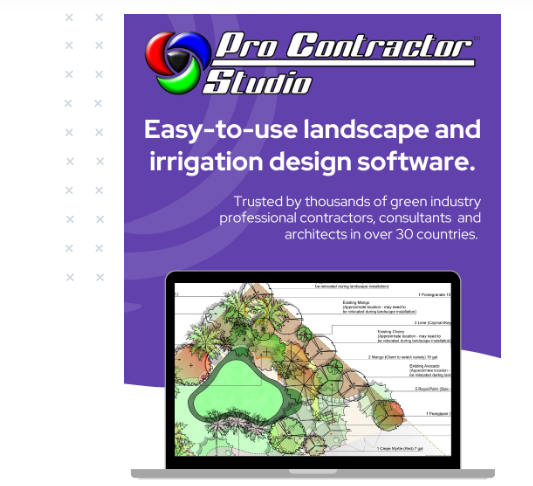
How Irrigation Software Improves Water Efficiency and Management
Managing water resources efficiently has always been a critical challenge, especially in agriculture and landscaping. With rising concerns about water shortages and the need for sustainable practices, irrigation management is at the forefront of modern agricultural technology. Irrigation software has emerged as a valuable tool, offering improved water efficiency and precision in water management.
This blog explores the benefits of using irrigation software to optimize water usage without compromising productivity or plant health.
Reducing Water Waste
One of the key advantages of irrigation software is its ability to reduce water waste. By using data-driven insights, these systems allow for strategic water distribution, ensuring that no excess watering takes place. By monitoring soil moisture, weather patterns, and plant needs, irrigation software provides accurate recommendations to only supply water where and when it is needed.
This precision ensures water is conserved, helping to save thousands of gallons over time while maintaining crop or landscape health.
Optimized Scheduling
Traditional irrigation methods often rely on fixed schedules without considering environmental factors like rainfall or temperature. Irrigation software eliminates this inefficiency by optimizing watering schedules based on real-time data. Advanced systems analyze weather forecasts, humidity levels, and evapotranspiration rates to prevent overwatering during periods of rainfall or high moisture.
A well-optimized irrigation schedule contributes to reducing costs related to water consumption while enhancing the productivity of farms or landscaped areas.
Enhanced Monitoring and Control
Irrigation software provides enhanced monitoring of water usage and system operations through easy-to-use dashboards. With the ability to track operations in real-time, users can monitor water flow, detect leaks, and ensure uniform distribution across large areas. Instant alerts notify users about irregularities or malfunctions, enabling immediate corrective actions.
This level of control ensures continuous efficiency and reliability, reducing downtime and preventing damage due to system faults.
Meeting Sustainability Goals
Sustainability is an increasingly important objective for agriculture and other industries. Irrigation software promotes sustainable practices by ensuring water conservation, reducing energy consumption, and lowering the ecological impact of irrigation activities. Organizations and individuals can demonstrate commitment to environmentally friendly practices by adopting innovative solutions that maximize resource efficiency and minimize waste.
Cost Savings for Users
Efficient water management translates directly into cost savings. By preventing overwatering, reducing energy use, and optimizing schedules, irrigation software helps cut expenses related to water bills, repairs, and unnecessary resource wastage. Over the long term, users experience significant financial benefits while maintaining the health of plants and crops.
Improved Crop Health and Yield
Using irrigation software benefits not just water efficiency but also plant productivity. Properly timed and distributed watering ensures crops receive just the right amount of moisture for optimal growth. By preventing under- or overwatering, the software helps avoid issues like root rot or drought stress, leading to healthier plants and higher yields.
Facilitating Data-Driven Decisions
Modern irrigation software relies heavily on data analysis to guide its functionality. This data-driven approach equips farmers, landscapers, and other users with actionable insights about water use trends, soil conditions, and environmental factors. By leveraging these insights, users can make informed decisions to further improve resource management and long-term planning.
Encouraging a Smarter Future
Irrigation software exemplifies how technology can address pressing challenges like water scarcity and resource management. Whether it’s optimizing water use, reducing costs, or achieving sustainability, this innovative solution sets a standard for smarter water management practices. Efficient irrigation not only benefits users but also contributes to conserving resources for future generations.